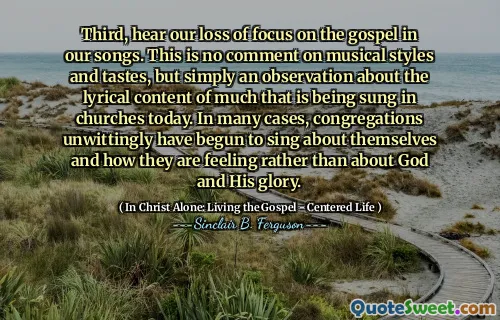
Parishes that have learned to develop a culture of continual invitation to leadership, training, and growth in responsibility for their members are predisposed to ongoing health and growth when pastor transitions occur
The quote underscores the importance of cultivating an intentional culture within a parish community—one that encourages and consistently invites members to take on leadership roles, engage in ongoing training, and accept increased responsibilities. Such a proactive approach to communal development creates a resilient foundation, ensuring that the parish remains vibrant and healthy even amidst transitions in leadership. When members are regularly empowered and invested in the community’s mission, they develop a sense of ownership and commitment that extends beyond individual pastors or leaders. This shared responsibility fosters continuity, sustainable spiritual growth, and a strong sense of identity within the parish.
Building a culture of invitation involves intentional efforts in leadership development, fostering belonging, and encouraging contributions from diverse members. This inclusive approach helps in identifying and nurturing future leaders, ensuring the parish’s vitality over time. When a new pastor arrives, they can quickly integrate into an environment where leadership and growth are embedded in the community’s ethos, reducing transitional disruptions.
Furthermore, such a culture promotes a sense of shared purpose and resilience. Parishioners become not just passive recipients of spiritual services but active participants shaping their community. This ownership contributes to a stable and dynamic faith community that can adapt and flourish regardless of leadership changes. Overall, establishing a culture of continual invitation ensures the long-term sustainability and spiritual health of the parish community, aligning perfectly with themes of leadership, growth, and shared responsibility highlighted in the book '( Great Catholic Parishes: A Living Mosaic: How Four Essential Practices Make Them Thrive ).'




